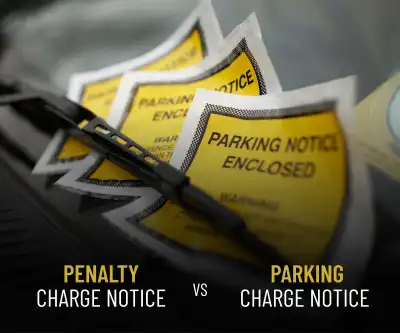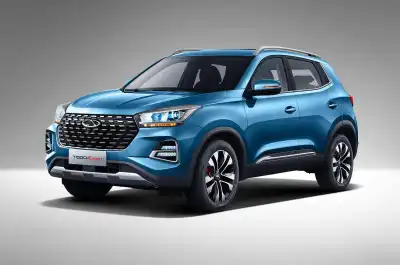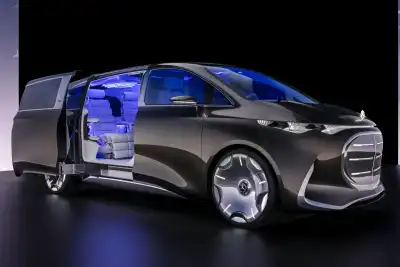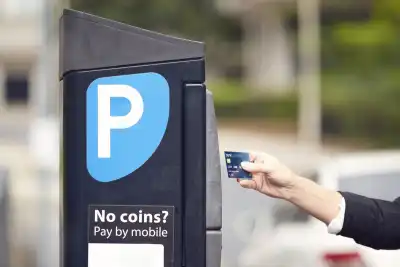Big changes have been introduced today to help more drivers and businesses go electric—without the hassle.
The Government has announced a £120 million boost to support the switch to EVs, including an extension of the plug-in van grant until April 2026. One of the biggest updates? The scrapping of extra training requirements for electric van drivers, making the transition smoother and cheaper.
What’s changing?
- If you have a standard car licence (category B), you can now drive an electric vehicle up to 4.25 tonnes—the same way you would with a petrol or diesel vehicle up to 3.5 tonnes.
- This applies to vans, minibuses, SUVs, and small trucks, meaning businesses and self-employed drivers can go electric without jumping through extra hoops.
- The old rule required five extra hours of training for heavier electric vans—now that’s gone (pending final approval), making it easier for delivery drivers and businesses to make the switch.
Grants to help you go electric:
- Up to £5,000 off large electric vans (4.25 tonnes).
- Up to £2,500 off smaller electric vans (2.5 tonnes).
- £4,000 grant for electric black cabs.
- £500 off electric motorbikes.
- Wheelchair-accessible electric vehicle grant cap increased from £35,000 to £50,000.
Why does this matter? The UK Government is investing £2.3 billion to speed up the shift to electric, as part of its goal for 28% of new cars to be electric this year—rising to 100% by 2035. Charging infrastructure is growing fast too, with 74,000+ public charge points now live and nearly 20,000 added last year.
And if you’re thinking about making the switch, it’s getting more affordable—there are now 21 new EVs under £30,000, and one in three used electric cars costs under £20,000. Plus, home charging could save you up to £750 a year compared to petrol.
What's next? The Government is also looking at MOT changes for EVs, aiming to cut more red tape and make the transition even easier.
Future of Roads Minister Lilian Greenwood summed it up: "From van drivers and businesses to drivers with accessibility needs, bikers and cabbies, today we are making it easier, faster and cheaper for people to switch to electric vehicles.
"By making the transition to zero emissions a success, we're helping to drive growth all over the UK, putting more money in people's pockets and rebuilding Britain to deliver our Plan for Change."
Would these changes make you consider going electric?




